

by Holger Roonemaa and Oliver Kund Billions of dollars in dirty money flowed through Danske Bank’s branch in Estonia, an explosive 2014 audit revealed. The original...
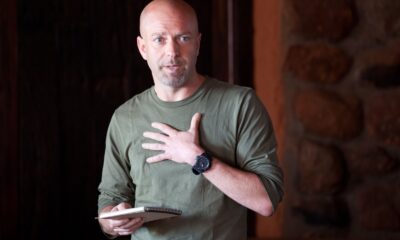

By Fuad Abdirahman Diplomatic relations between Kenya and Somalia date back many years. Kenya is home to hundreds of thousands of Somali refugees, and Somalia has...
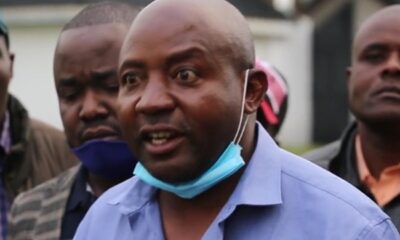

The late Arthur Angatia brought up Ayub in a Christian setting and as we’ve all seen them, the children of the pastors end up being the...
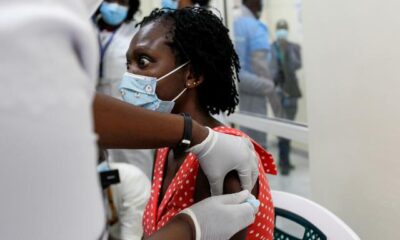

NAIROBI (Reuters) – Kenya has offered free COVID-19 vaccines to all diplomats based there, including thousands of United Nations staff, even though it has not completed...


When the COVID-19 pandemic struck the country in March 2020, further changing the global dynamics of day-to-day events, the world rallied together around science to provide...
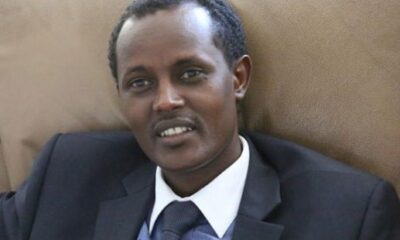

After weeks of dodging and playing hide and seek with the National Assembly’s Public Investments Committee (PIC), former Ethics and Anti-Corruption Commission (EACC) boss Halakhe Waqo...


By Shahidi The National Police Service (NPS) is yet again on the spot after CCTV footage emerged showing several officers from the General Service Unit forcefully...
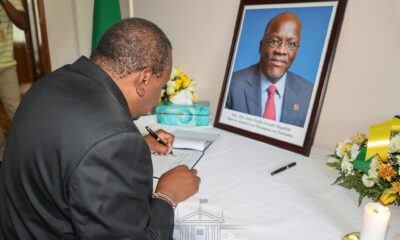

President Uhuru Kenyatta today led heads of all arms of Government in conveying their condolences to the President, the Government and the People of the United...
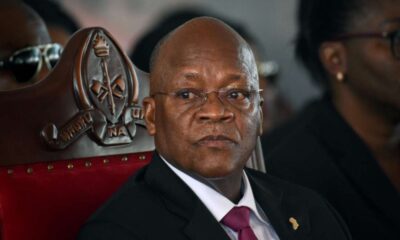

As Tanzanians mourn for President John Magufuli, whose death was announced on Wednesday due to heart disease, his near three-week absence from public sight prompted a...
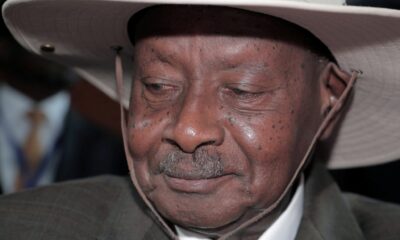

Ugandan President Yoweri Museveni is suing a local media group for reporting a claim that he and his inner circle were vaccinated against COVID-19 weeks before...
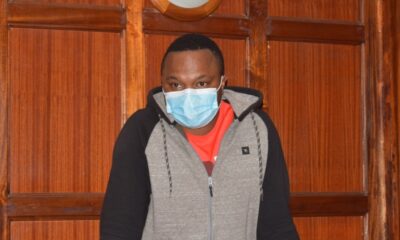

A businessman who pocketed millions from hundreds of unsuspecting victims he allegedly duped into investing in a greenhouse venture promising them lump sum amounts in returns...
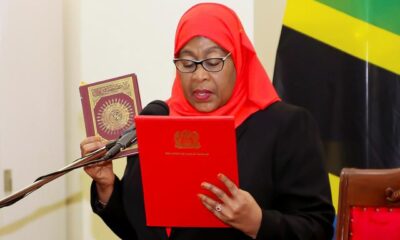

On Wednesday evening she had the task of announcing to Tanzanians that President John Magufuli had died and now Vice-President Samia Suluhu Hassan is due to...
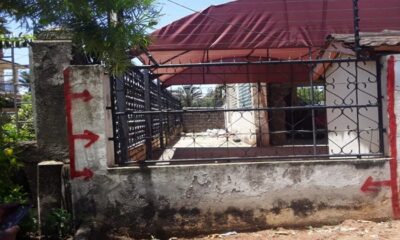

Kisumu County officials are facing a backlash from locals following what they term as a suspicious deal. The county had earmarked structures sitting on public land...
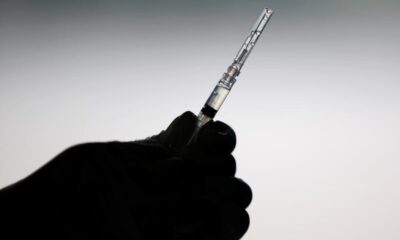

The Africa Center for Disease Control (Africa CDC) Director Dr. John Nkengasong has said that the Covid-19 situation in Kenya is normal with epidemics. Speaking on...
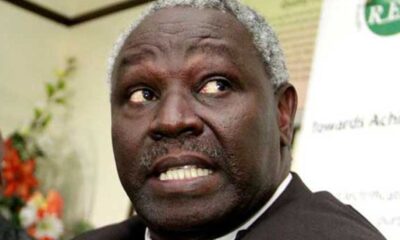

Director of Public Prosecutions Noordin Haji Thursday approved charges against eight individuals and two companies accused of embezzling Ksh. 103,391,910. The funds were meant for the...
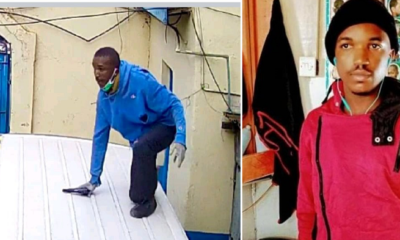

Detectives have identified the mastermind of Kisumu’s shooting incident two weeks ago as 25-year-old Ambrose Odero Owino. His remains have been lying at a Kisumu morgue....
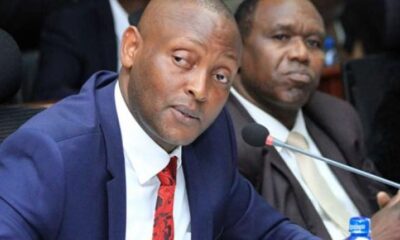

Activist Okiya Omtata is now on Taita Taveta Governor Granton Samboja’s controversial university degree. The activist moved to court seeking a declaration that the Governor’s academic...


Kenya in June signed a secret Sh139.5 billion (1.06 billion euros) loan deal with a Belarusian and Canadian companies to build mobile clinics and upgrade hospitals...
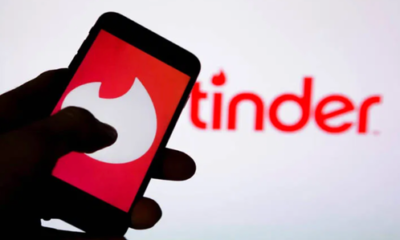

Online dating is on the verge of becoming a whole lot safer. Tinder, along with its parent company Match Group, partnered with a non-profit background check...
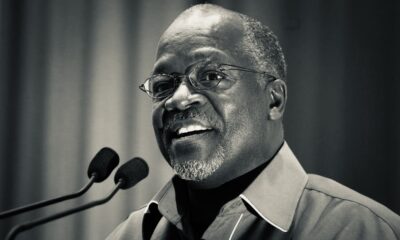

President John Magufuli of Tanzania, a prominent COVID-19 skeptic in Africa whose populist rule often cast his East African country in a harsh international spotlight, has...